
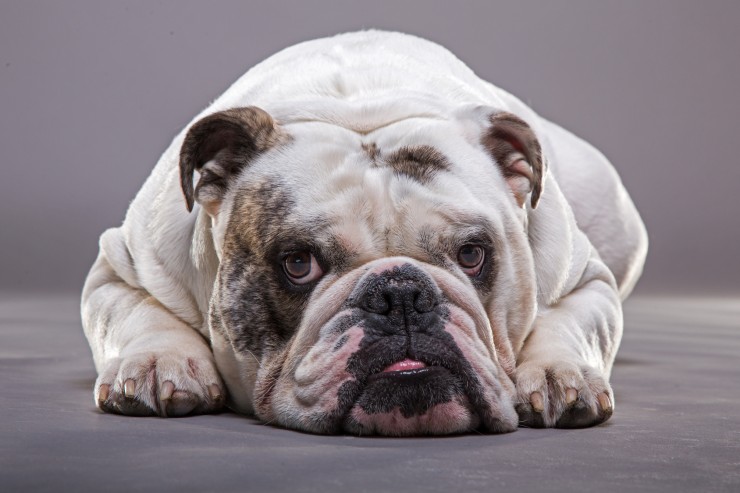
Diverticulitis is a digestive disorder that is relatively common in people, and that can also affect dogs. It causes the formation of individual pouches called diverticula along the wall of the bowel, which generally present in the large intestine rather than the small, but can occur in either.
Diverticulitis itself, or flare-ups of the condition, occur when these diverticula themselves become inflamed. The condition is a chronic one, meaning that it is an ongoing condition that is apt to go through periods of activity interspersed with other times when your dog feels fine and suffers from no related problems. Ultimately, the inflamed pouches or diverticula can rupture, which then leads to abdominal pain that can range from mild to acute. Generally, the left hand side of the intestine wall is the area most commonly affected, and so pain in the left flank is most common.
If your dog seems to have a sensitive stomach, or goes through periods of discomfort and pain in the abdominal region, diverticulitis is one of the potential diagnosis that your vet may reach. In this article, we will look at diverticulitis in dogs in more detail, including the symptoms, treatment and management of the condition. Read on to learn more.
Diverticulitis occurs when faecal matter being passed through the intestine cannot be eliminated naturally, as can occur in dogs that are prone to bouts of constipation. This causes faecal matter to be retained by the colon, developing into sore spots that form the signature diverticula, or pockets, which are then at risk of becoming infected and rupturing.
This understandably causes pain and discomfort for the dog in question, which can range from mild to severe.
Left untreated, diverticulitis can lead to a range of potentially serious complications including perforations of the bowel, infections and bleeding from the intestines, which will be apparent in the faeces. Diverticula can also lead to fistulas, which occur when two diverticula stick or fuse together.
Diverticulitis in dogs presents with symptoms similar to canine colitis, which is another condition that your vet will need to rule out. The main symptoms of the condition include:
Pain in the abdominal region, usually on the left, will often lead to bloating and cramps, which can lead to spasms. Diverticulitis leads to an increased need to go to the toilet, and their stools will usually be loose and watery, and may contain blood. Infections of the diverticula themselves can lead to symptoms such as a moderately high fever or hot and cold spells, which can cause shivering.
However, all of these symptoms can also indicate other digestive disorders, including inflammatory bowel disease and colitis, and so your vet will need to rule these conditions out before making a definitive diagnosis.
Generally, diverticulitis in both people and dogs is attributed to a diet that does not contain enough roughage or dietary fibre. However, regular bouts of constipation can also cause diverticulitis, due to impacted faecal matter building up in the colon.
The condition is not considered to be hereditary, or particularly likely to occur in any one breed of dog more than others.
The usual approach to treating diverticulitis in dogs involves treating any infections present with oral antibiotics, and making dietary changes that will provide more roughage and digestive fibre. Specific food ingredients that can irritate the colon itself, such as seed husks, should be avoided, and so care must be taken when choosing treats and snacks for an affected dog.
In very serious cases of the condition where multiple diverticula are present with associated infection and/or fistula formation, surgery may be required to treat the problem. Your dog may also be prescribed with anti-inflammatory medications, or pain medications if they condition is making them very uncomfortable.
When we talk about diverticulitis in dogs, generally it is fair to assume that it is intestinal diverticulitis that is being referred to. However, there is another associated condition called oesophageal diverticulitis, which causes similar pouches to form in the walls of your dog’s oesophagus, or food pipe. These pouches trap food before it is digested, and can come in combination with intestinal diverticulitis, or on its own.
Symptoms of oesophageal diverticulitis include problems swallowing food, loss of appetite, loss of weight, and sometimes, problems breathing. Food trapped in the oesophagus also runs the risk of being aspirated, or inhaled into the lungs, which can cause respiratory infections and, in severe cases, pneumonia.
Oesophageal diverticulitis can occur in any breed or type of dog, but is more commonly seen in brachycephalic breeds, with the English bulldog in particular being at higher risk of the condition.
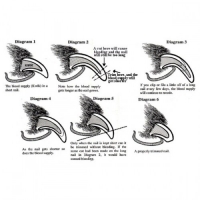 How To Trim A Dogs Nails Easily At Home
The majority of dog parents rely on vets or groomers to
How To Trim A Dogs Nails Easily At Home
The majority of dog parents rely on vets or groomers to
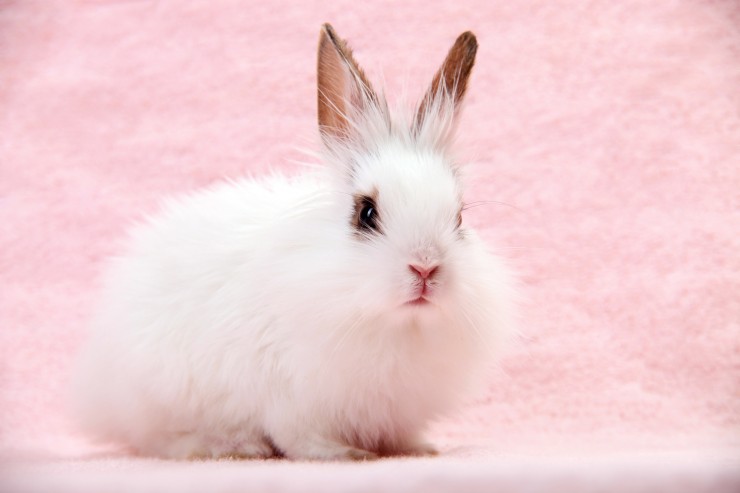 Wool Block In Rabbits
Wool Block In Rab
Wool Block In Rabbits
Wool Block In Rab
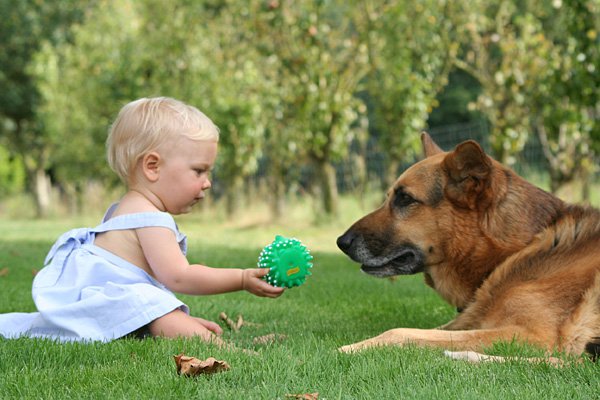 Maine Coon Kittens
Maine Coon Kittens
General depiction
The Maine
Maine Coon Kittens
Maine Coon Kittens
General depiction
The Maine
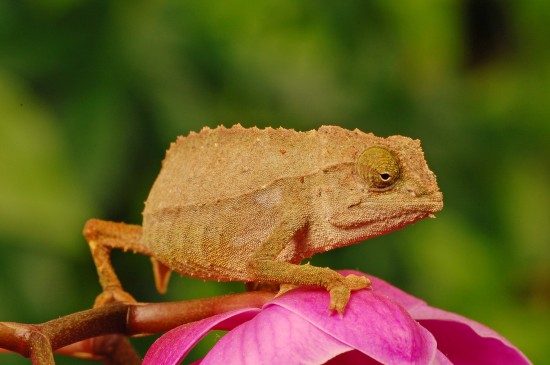 Keeping Pygmy Chameleons As Pets
Keeping Pygmy Cha
Keeping Pygmy Chameleons As Pets
Keeping Pygmy Cha
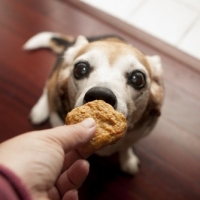 Most Popular Pet Services In London
In this day and age when austerity has become the norm,
Most Popular Pet Services In London
In this day and age when austerity has become the norm,
Copyright © 2005-2016 Pet Information All Rights Reserved
Contact us: www162date@outlook.com